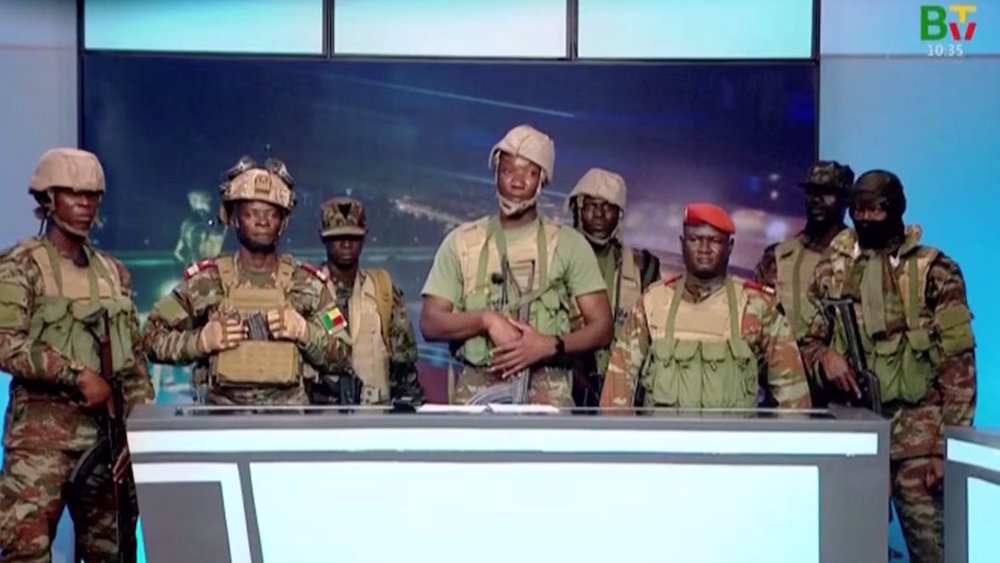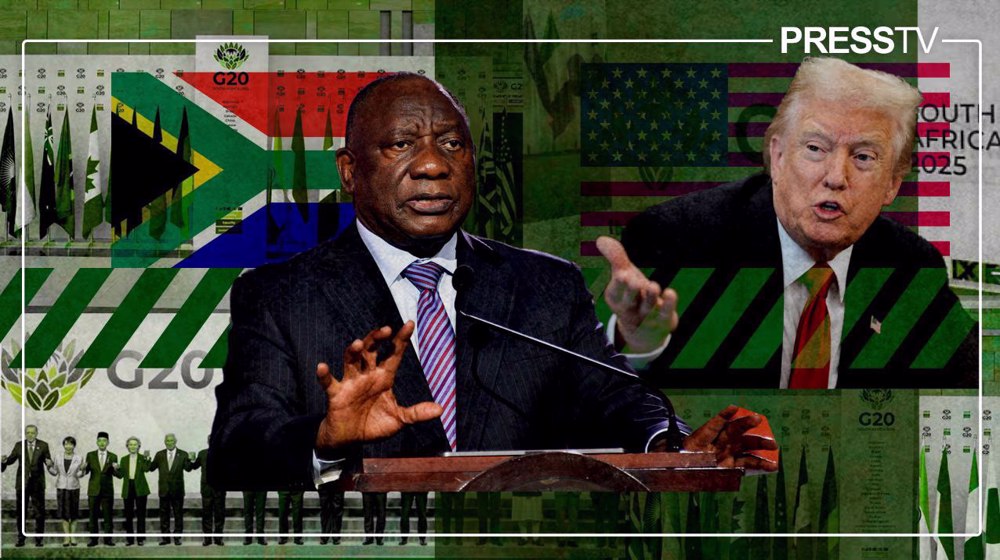Congo president picks opposition lawmaker as new premier
The Democratic Republic of Congo’s President Joseph Kabila has named an opposition lawmaker as prime minister following a controversial agreement struck between the government and some opposition groups.
According to a presidential decree read on state television on Thursday, Samy Badibanga who led a fringe opposition bloc in parliament, will be the country's next prime minister.
The former premier, Augustin Matata, has already resigned to make way for the opposition figure to take his place following the deal.
The move is part of a power-sharing deal between the government and some opposition groups. The deal, however, was largely boycotted by mainstream opposition leaders.
Badibanga took part in talks with President Kabila's government in October even though his opposition party had boycotted them. He was excluded from Congo's largest opposition party in 2012 for disobeying an order from party president to boycott seats in parliament.
The agreement, which allows President Kabila to stay in power after his term ends next month, was aimed at calming soaring political tensions.
Defending to the deal, President Kabila said during a defiant speech to parliamentarians in the capital Kinshasa on Tuesday that he was ready to defend against any attempt to take over the country by force.
"The deal currently represents the only roadmap put in place by the Congolese themselves," Kabila said, pledging to organize elections in the coming months.
In September, a wave of deadly clashes pitting the police against demonstrators rocked Kinshasa as the opposition demanded Kabila's resignation. Over 50 civilians were killed in the clashes and dozens more were injured. Since the deadly clashes, city officials have prohibited all unauthorized gatherings with security forces vowing to enforce the ban.

The central African country has further plunged in political turmoil and repeated bouts of unrest since early October, when the electoral commission announced it had postponed the scheduled elections from December 2016 to April 2018, paving the way for the 45-year-old Kabila, whose second term in office expires late this year, to remain in power. A court has also said Kabila can stay in power until the next election.
Kabila had earlier announced his decision to prolong his term. A few days after the commission’s official decision, the president claimed that it had delayed the elections in an attempt to make sure the country was better prepared for the vote. His supporters also argue that logistical and financial constraints mean it is not possible to hold fair polls as scheduled.
The president, in office since 2001, is barred by constitutional term limits from standing for a third term, but the opposition is accusing Kabila of manipulating the electoral system to stay in power.
Kabila first took office in 2001, after his father was assassinated.
In 2006, a new constitutional provision limited the presidency to a two-term limit that expires in December. He is, therefore, barred from standing for a third term.
Opposition parties have also called for restructuring the electoral commission and the Constitutional Court, saying they are partisan to Kabila.
VIDEO | Press TV's news headlines
US ‘regime change’ gambits in Iran have backfired – even Trump’s envoy admits it
UN: Gaza children continue to face acute malnutrition despite ceasefire
Ben-Gvir: 100 Israeli doctors offering to execute Palestinian prisoners
Replication of Shahed-136 by US shows Iran’s drone superiority: Official
VIDEO | Expose the aggressors
China reaffirms support for expansion of Iran-Saudi ties
Isfahan seawater transfer project powers sustainable industrial growth, water security













 This makes it easy to access the Press TV website
This makes it easy to access the Press TV website